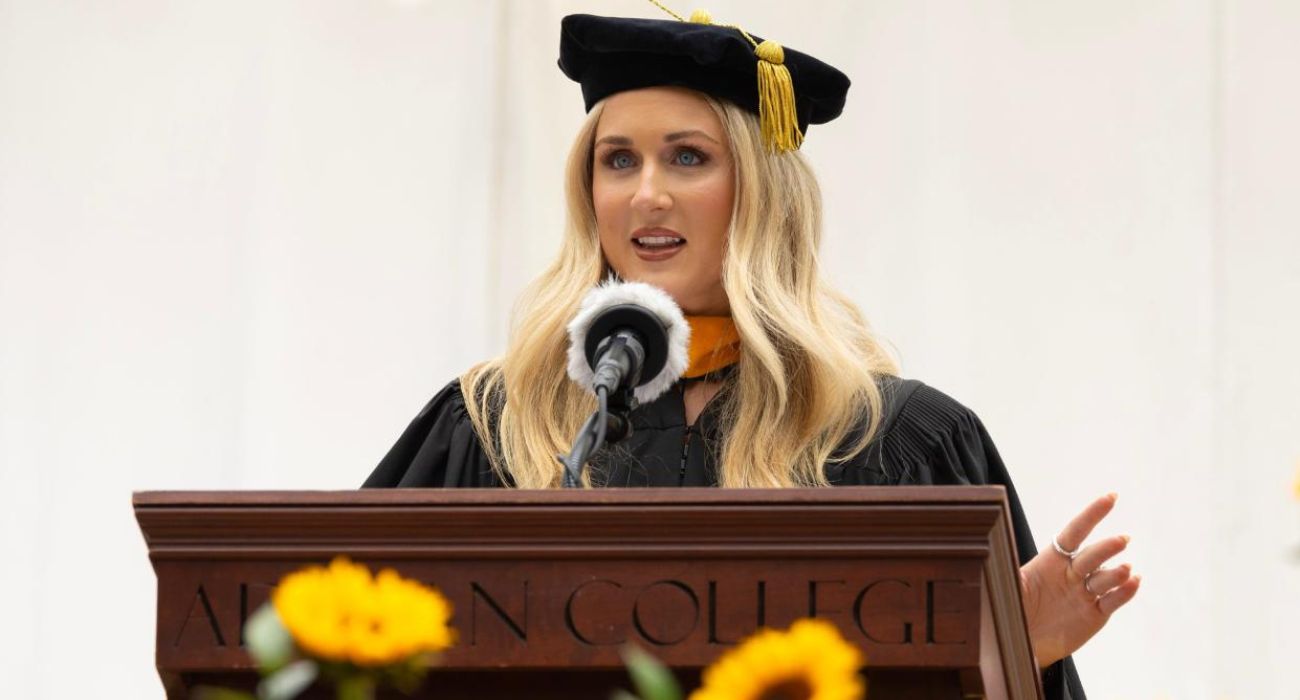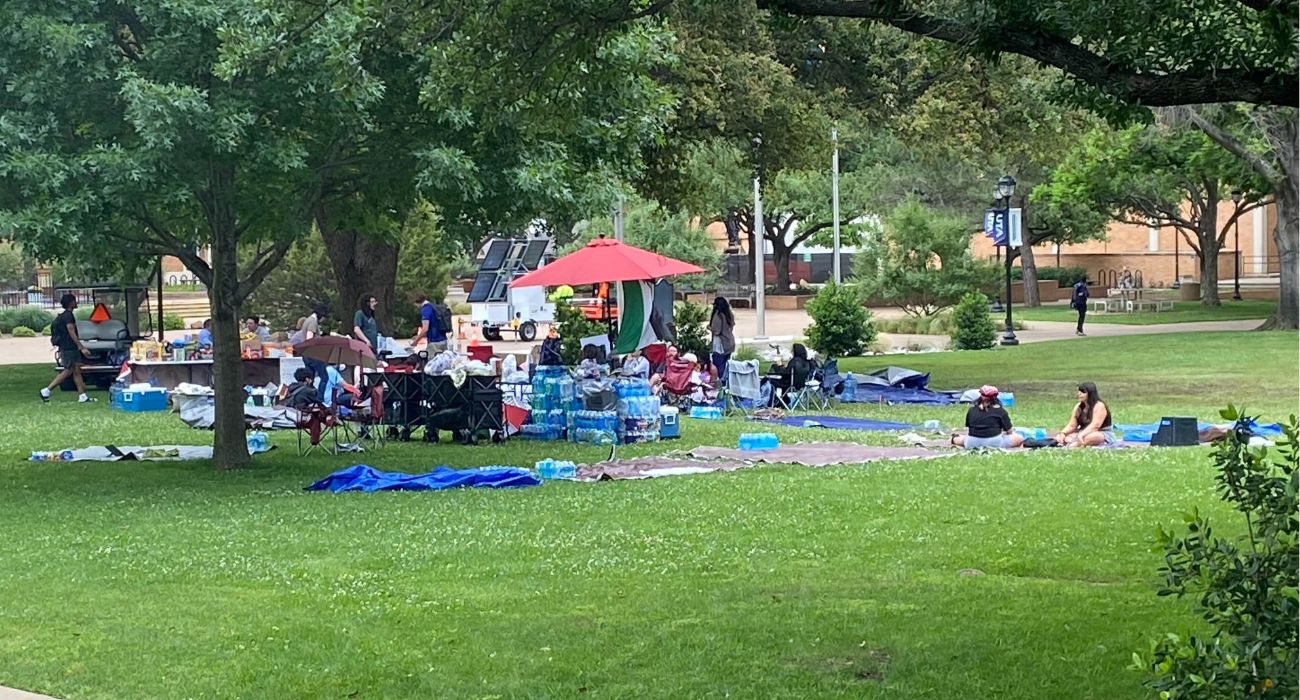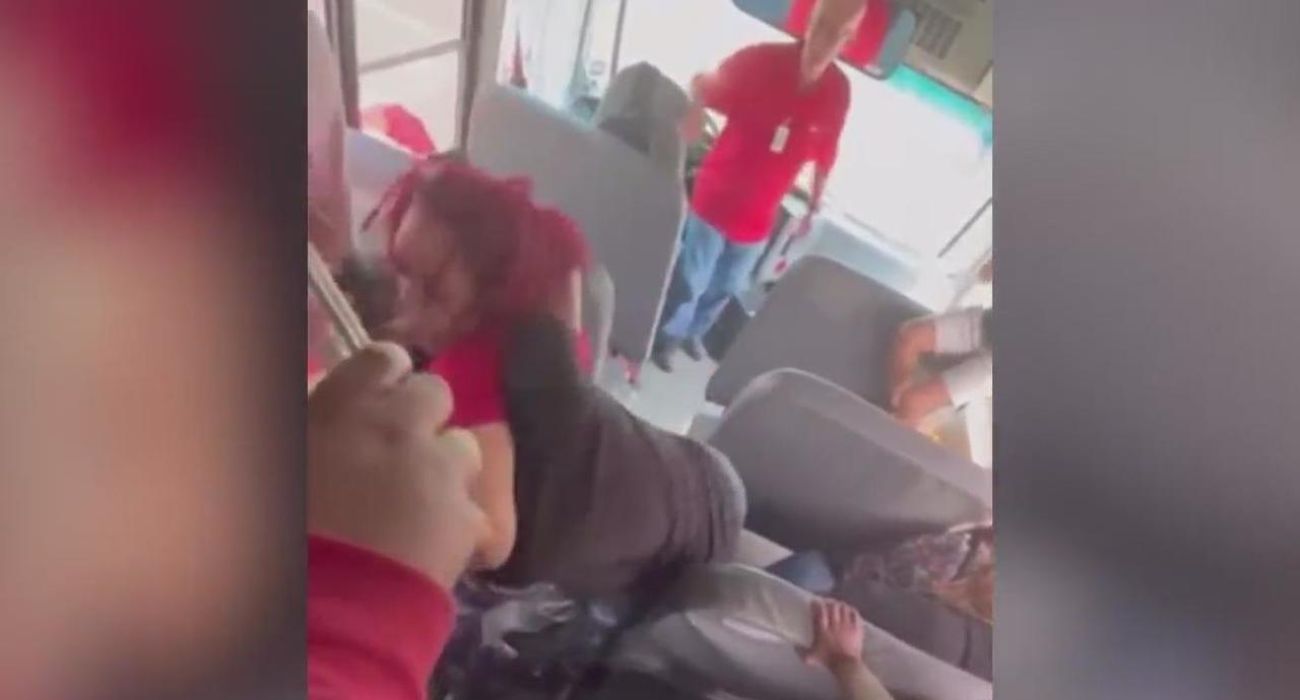The final day of the quarterly meeting of the Texas State Board of Education (SBOE) was held last Friday when a general convening of the body discussed and voted on education policy.
After a musical performance by Texas school children, two state residents addressed SBOE members, voicing concern over library materials in school and public libraries.
“Not all of them are bad people, but some of them are giving content that is inappropriate for our children,” said Jackie Besinger, Texas education policy director for Moms for America, commenting on the librarians that work at public libraries.
A Nueces County resident named Carrie Moore took the podium next.
“My passion is public education, and I’m concerned. Our kids are failing at basic reading, basic writing, basic math skills,” Moore said.
“And yet in our school libraries, we have books that talk about things that have nothing to do with those basic things but explicit sexual material, where if these books were acted out accurately on a movie screen, people would be arrested. The actors would be arrested. The producers would be arrested. The directors would be arrested,” Moore claimed.
Much of the meeting’s proceedings unfolded without contention. However, a couple of topics stirred some debate among board members.
In an update to the Texas Essential Knowledge and Skills, the words “sex” and “gender” were used in different parts of the text, prompting disagreement over which term should be used. SBOE Member Staci Childs motioned for gender to be used throughout.
“I think it’s more inclusive,” Childs said, later explaining that using sex would leave out people who identify as non-binary.
Her motion was countered by one in favor of sex by SBOE Member Evelyn Brooks, who cited a law signed by Gov. Greg Abbott concerning transgender students and sports that defined sex as either male or female.
“Throughout state law, we have, especially concerning education and our public schools, the term sex is used and not gender,” SBOE Member Julie Pickren added.
SBOE Member Marisa Pérez-Díaz voiced support for Childs’ motion, bringing up how intersex individuals confound a strict male-female dichotomy.
“I’m not sure that the governor is the be-all-end-all for defining what terms mean,” Pérez-Díaz.
The board voted on Childs’ motion. It failed, with four in favor and nine opposed.
An agenda item that engendered even more friction at the meeting involved language proposed by the State Board for Educator Certification (SBEC) — a separate state commission that grants professional certification and sets standards for public school educators — regarding new librarians’ ethics.
As previously reported in The Dallas Express, the SBOE Committee on School Initiatives had voted 2-1 on Thursday to veto the proposed revisions to the state’s administrative code concerning librarian certification.
The veto managed to skate through because of the absence of two committee members, Childs and SBOE Member Rebecca Bell-Metereau, two board members who later voted to adopt SBEC’s language.
SBOE Member Will Hickman, who voted against the veto in committee, seemed to switch his position at the full board meeting, pointing to SBEC’s recommendation that the American Library Association’s (ALA) privacy guidelines be included in the language.
At issue in the ALA guidelines was the statement, “As students and minors mature, it is increasingly important that they are provided with opportunities to exercise their curiosity and develop their intellect free from the chilling effects of surveillance by educators, peers, parents, or commercial interests.”
Hickman expressed his disapproval of the language, stating that as a parent, he does not want his children to have any “behind-the-scenes” privacy and confidentiality regarding library materials they have access to.
Pérez-Díaz opposed the veto, saying, “We’re here to support public education, the growth and development of our young people, and that involves allowing our young people to critically think on their own and be exposed to different aspects and ways of learning.”
“For me, the parents have the right to see what their children or learning what they’re doing. … Until my kids turn 18, I get to oversee what they’re doing in their education,” Hickman retorted.
Bell-Metereau expressed opposition to the veto.
“I find it peculiar that we would single out the ALA …. It seems to me like it’s an unfounded attack on librarians, on their professional association, and I don’t see how that’s going to improve education in Texas,” Bell-Metereau said.
“There should be parental consent as far as what their children are exposed to. … I believe that parents want to know that there’s ethics involved in the discretion of a librarian,” said Brooks, voicing support for the veto.
“Where does a child’s right to their own choices usurp the right of the parent to have the consent for their minor children? The materials that [children] have been exposed to has done a lot of emotional damage with the obscenity and the sexually-explicit books they’ve been able to view,” Brooks added.
SBOE members voted 10-5 to veto the proposal, kicking it back to SBEC for reconsideration.






